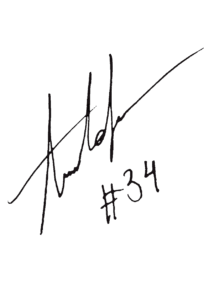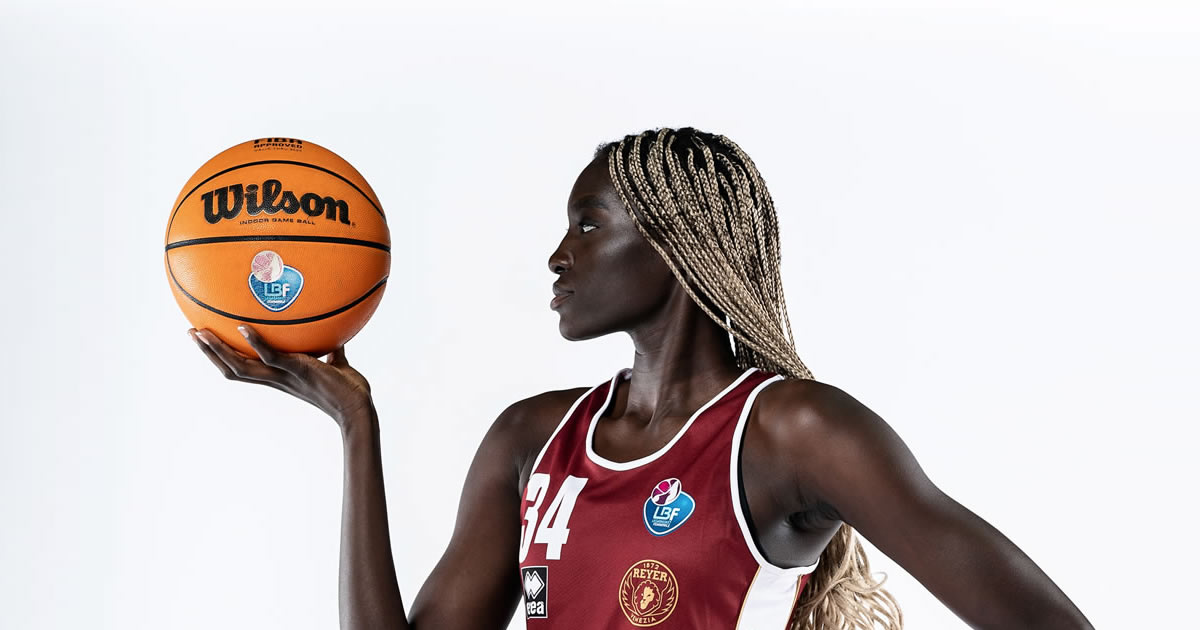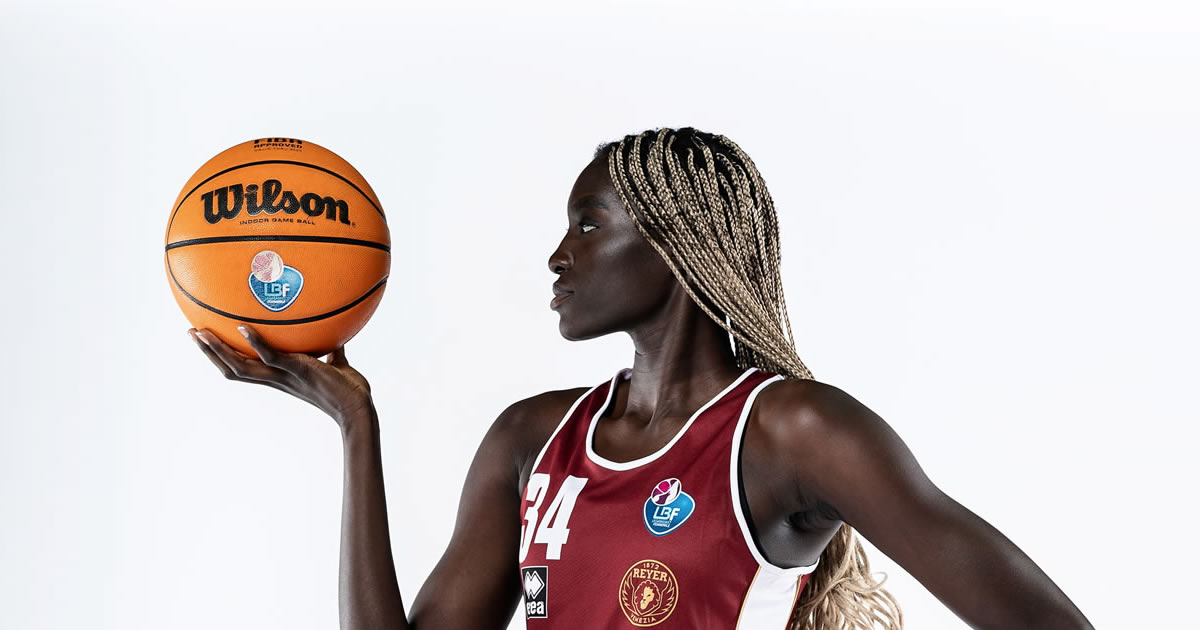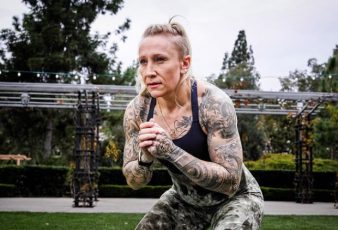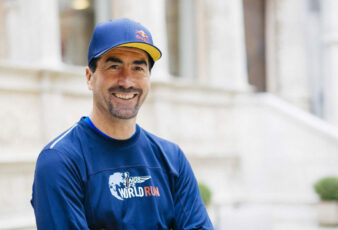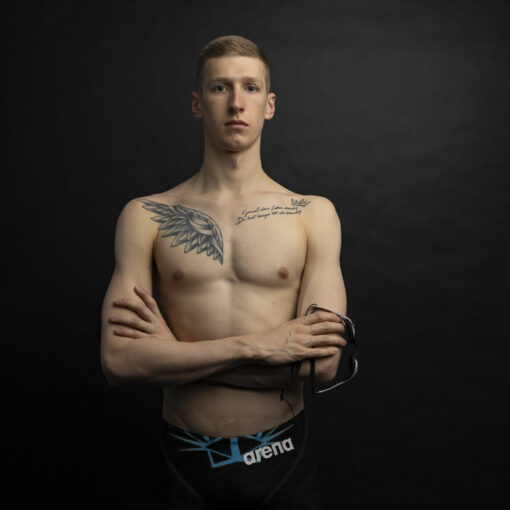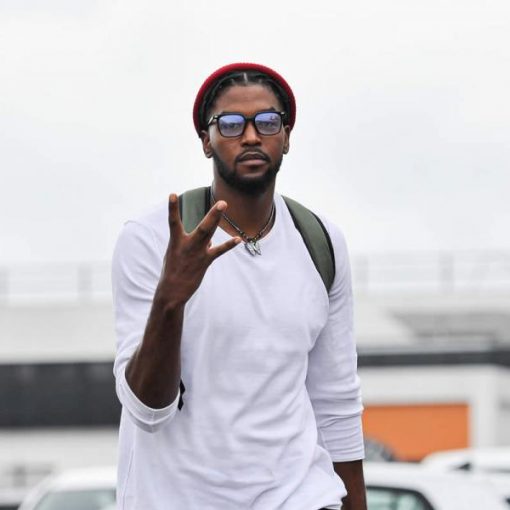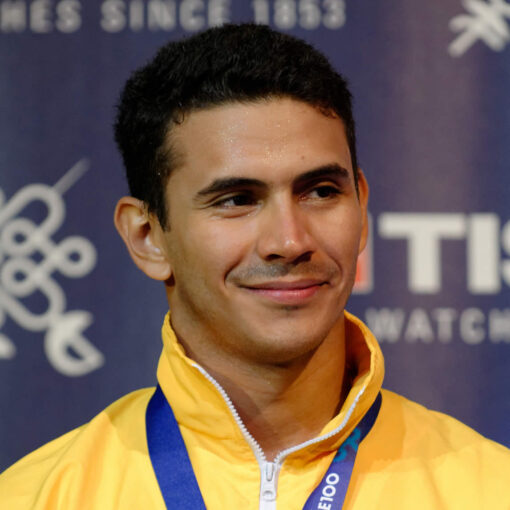After four sons, Mom was very happy that I was arrived.
Then, two more would be born, a boy and a girl, to get to seven, but when I came into the World, I was the first girl of the family.
And Mom Margaret would have liked me to act accordingly.
She was very protective of me, she liked that I lived in the house, that I felt it was mine.
But I liked being outdoors, I liked running.
I liked sports.
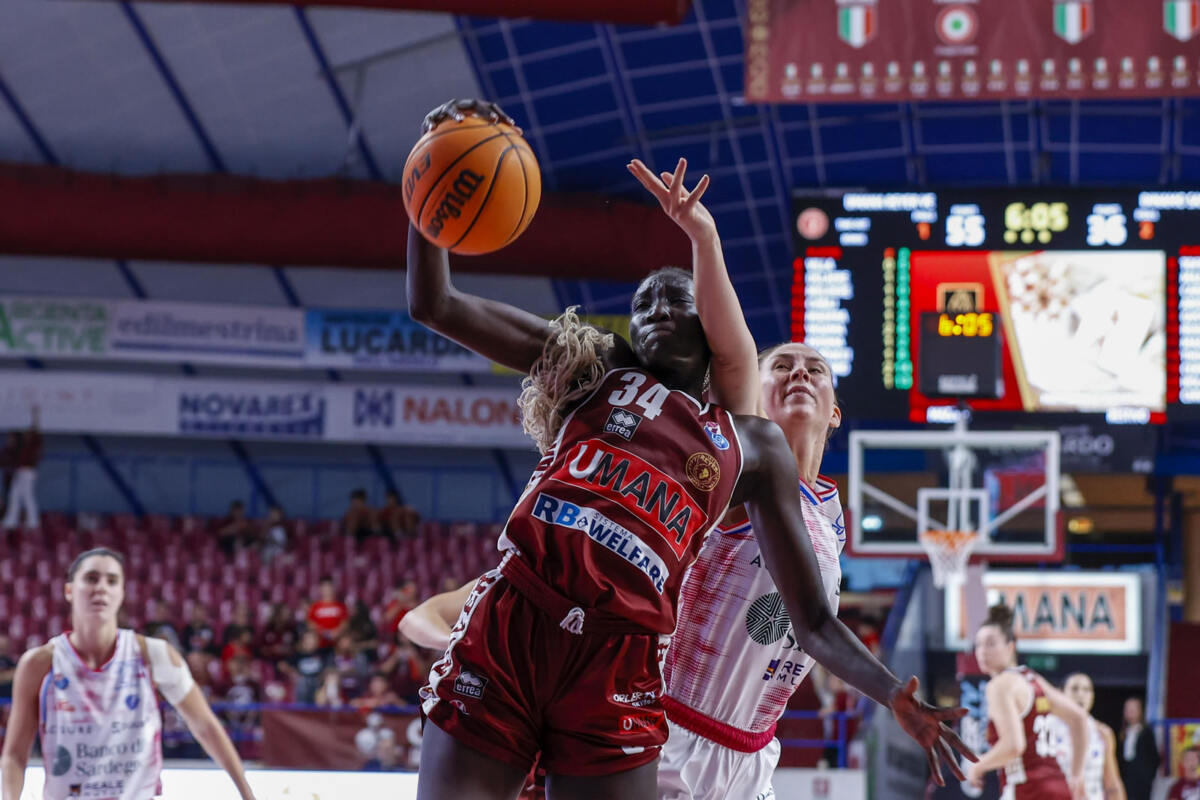
I lived side by side with my older brothers, who were all born just a few years apart from each other.
In addition to being a family, the Kuiers, has always been like a small team, driven by its dynamics and internal rules. Like a locker room: they protected each other, and then everyone protected me.
At least when we were outside.
While inside, everything became a reason to play, to be competitive, to challenge the others in everything.
So, I grew up not that girly, in a way, always ready to throw myself into the fire with (and against) the boys, always ready to try new games.
I remember the afternoons spent outside.
I remember the sport and the discussions with my parents.
I remember all of us on the couch, or on the floor, watching Disney Channel together.
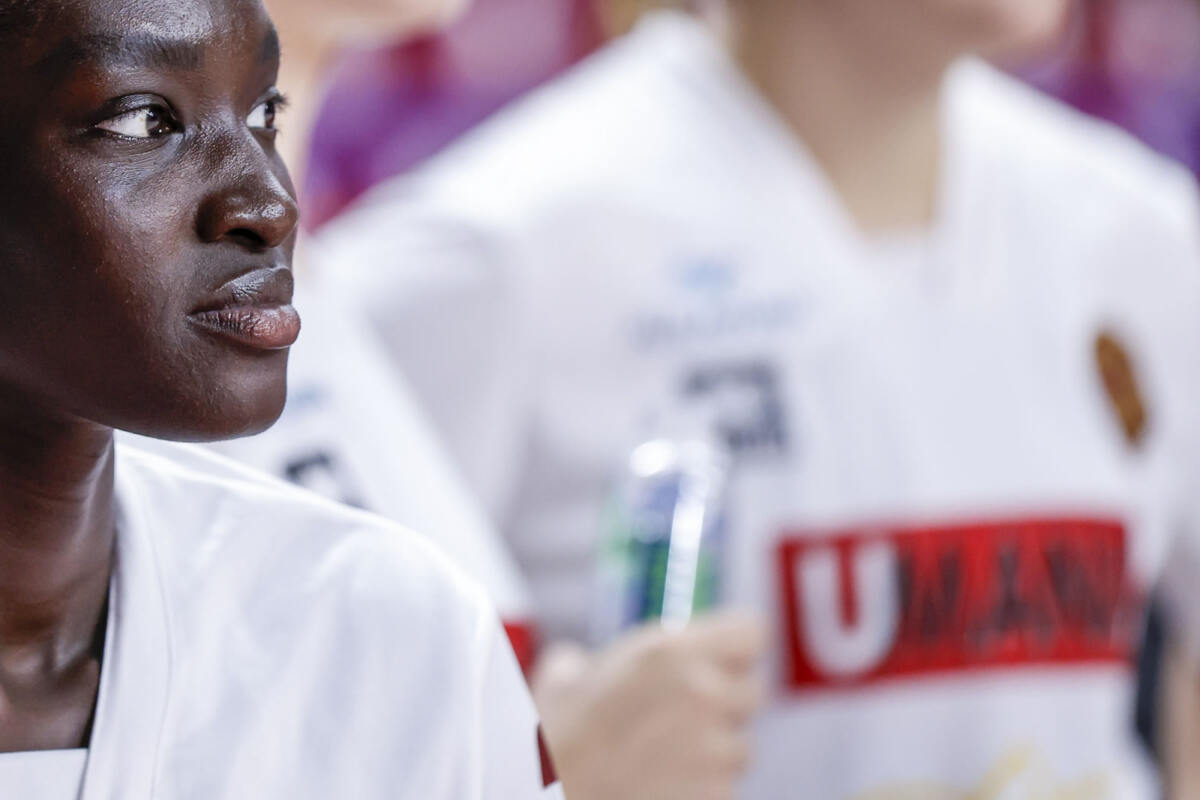
All my earliest memories are in Finland.
In each image, we have already arrived there.
But this does not mean that the origin of our family is not part of me.
It doesn't mean that our story isn't mine too.
From South Sudan to Egypt, to escape the Civil War; from Egypt to Finland; from Cairo to Kotka; from the dry African heat to the cold of the north, the cold of the sea, the one with a lot of wind and a lot of humidity: nothing has been lost.
And it never will.
When I was little, Mom often showed us photos of their journey, images of the train that had taken them away, on which they had been rescued.
The one on which they had climbed thinking about their our future.
I was two years old.
At home, we continued to breathe the air of the beginnings, because my parents have always done everything possible to make our culture and our roots an important part of everyday life.
We have brought South Sudan with us, and its imprint has never been erased. They managed to impress it on every one of us.
It’s clear within my soul, even if I grew up elsewhere and even if I live elsewhere today.
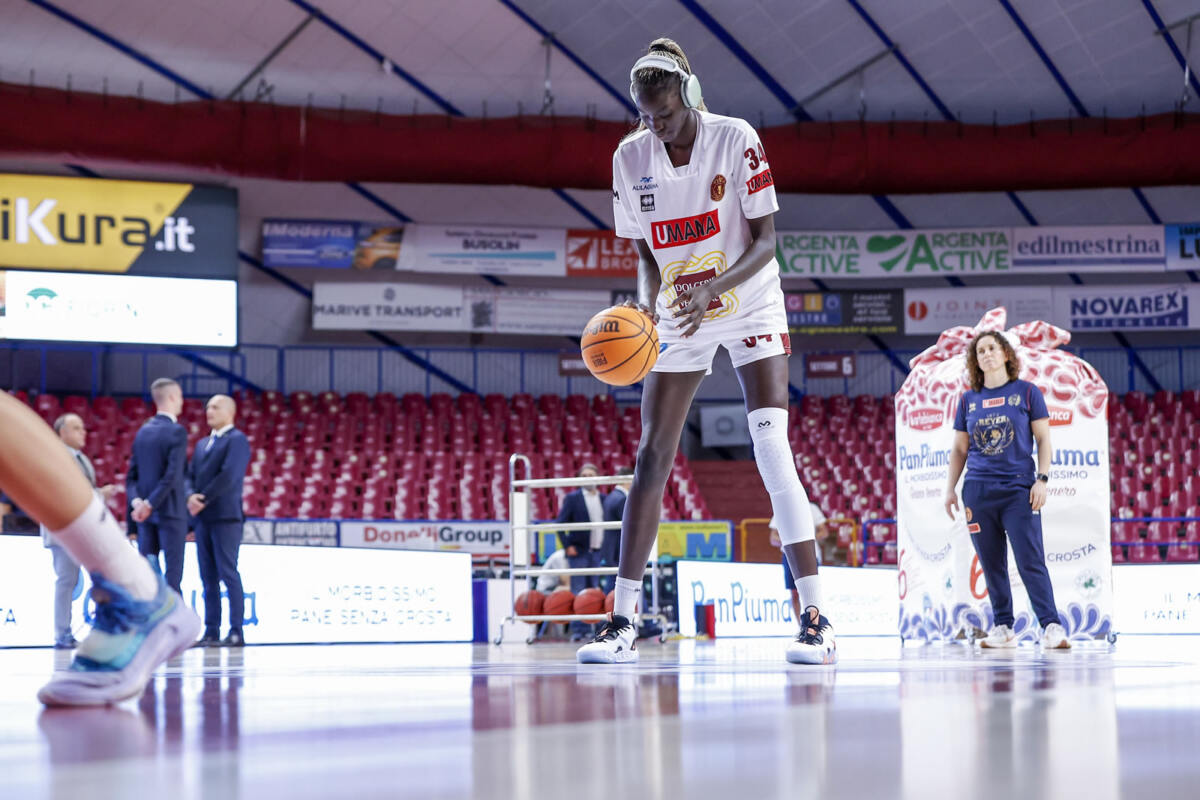
There are many reasons why this happens.
There is the pride of wanting to know who you are.
The will not to forget it, even when you are away.
The desire to make it survive time and pain.
And there is also the need to protect yourself. I think of my parents, who had never seen snow in their life, and who found themselves in a new place, different from everything they had known till then.
It’s one thing to do it when you are too young to remember, as it happened to me.
It’s another thing to do it as adults, as parents.
As grown man and woman.
We learned the language before our parents.
We learned Finnish culture before them, because for us it’s as much a part of who we are as the Sudanese one is. For them, of course, it’s not.
For us, it was a childhood.
For them, it was a battle.
For us, a consequence. For them, a choice.
And we took care of them as much as they took care of us.
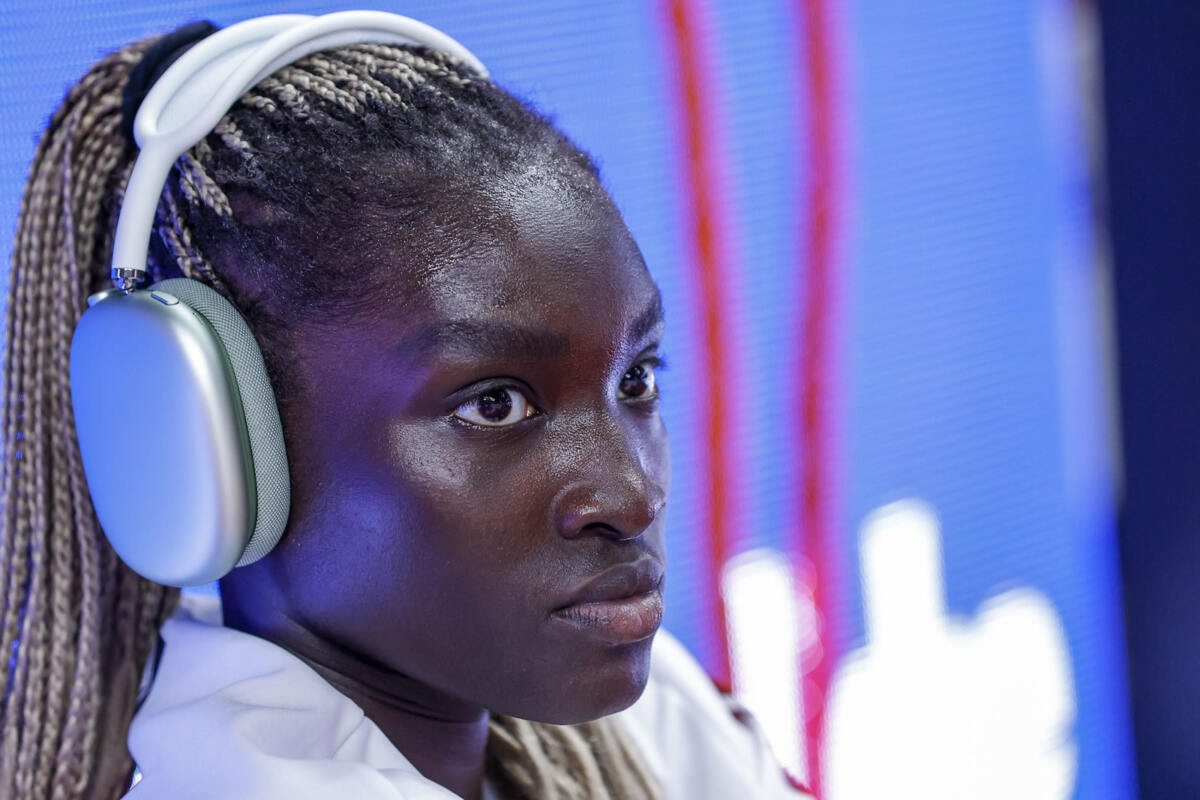
It hasn't always been easy.
We have experienced situations that made us feel different from the others, especially as children, because, as everybody know, at that age, people can be cruel.
Sport was very important to me, because in that community there is more respect than elsewhere, a greater chance of being accepted.
The athletes you admire growing up, come from every corner of the planet, and are the expression of many different cultures. Seeing them excel in the same game, regardless of who they are and where they were born is a very powerful message, that they are sport can give, and that it has given to me.
He always made me feel comfortable.
Starting from the athletics.
I used to do the high jump, the long jump and also running.
I was good.
But then basketball came, which I discovered following my brothers, and there, on the day of my first real game, I completely fell in love with the game.
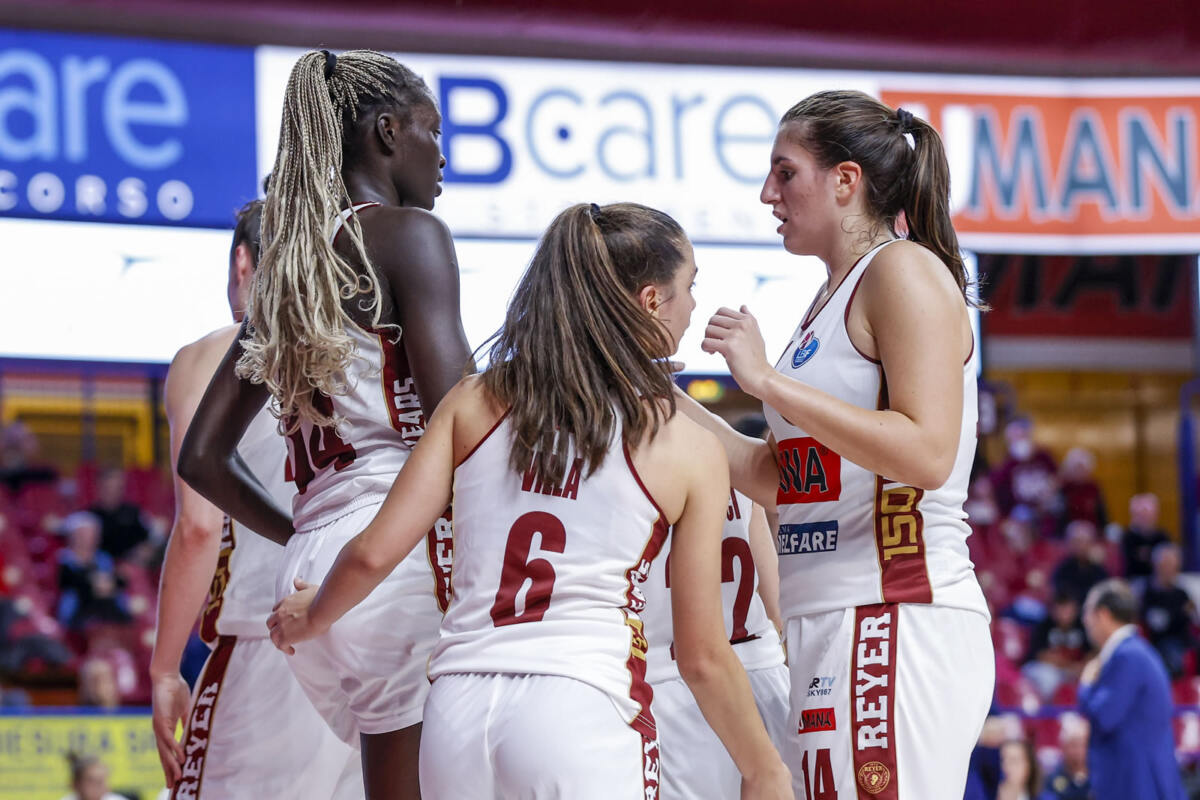
I abandoned everything else and dedicated myself only to it.
I moved to Helsinki and joined a much more structured high school team than the one I started with.
We trained twice a day and there was a professional approach to the game.
At first it was a shock, it took me a month to understand what was required to level up and to adapt to the other player’s work.
I had to learn to live far form home, with the impossibility of seeing my family and my siblings as much as I would.
But I did it anyway.
For the love of the game and for the love of what it gives me, every time I step on the court. In high school as in Italy, in the WNBA as with the national team.
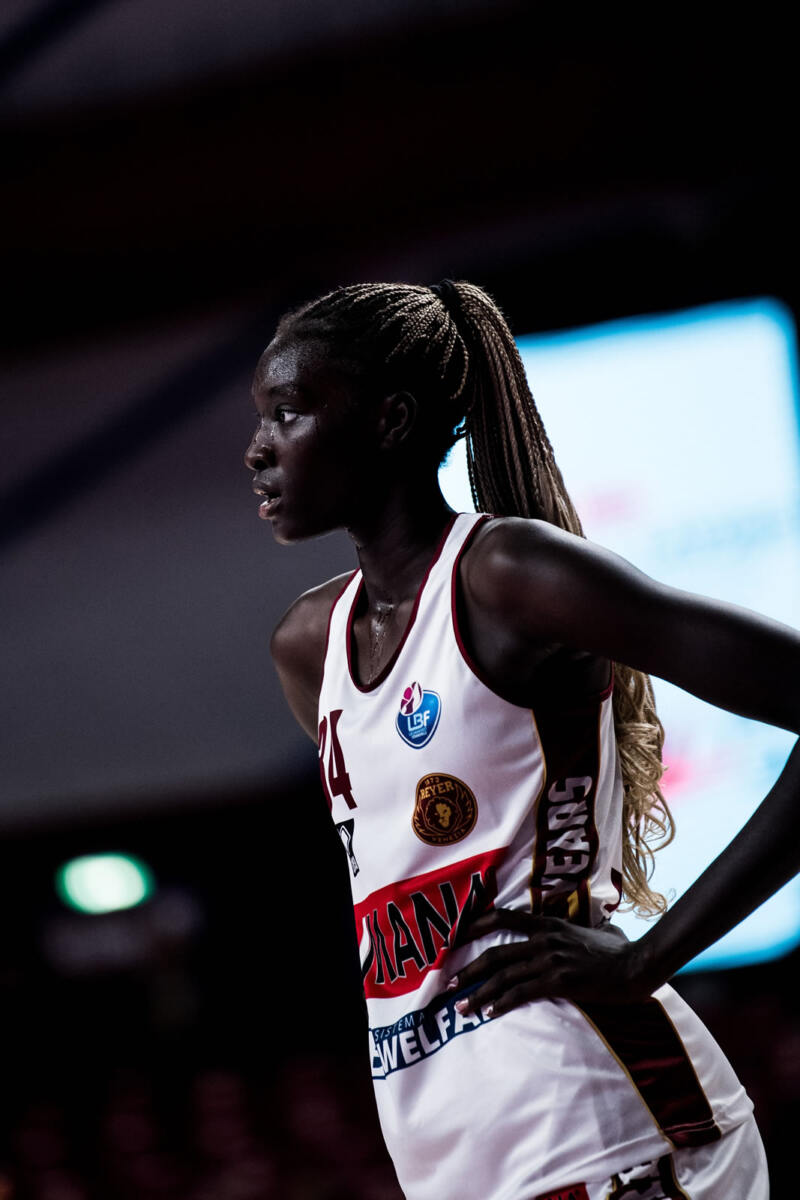
And I know that every time I take the court, or make an interview, my story comes with me. I know it's part of who I am today.
I will never be just a player, because my family's journey will always be by my side, with it all the narrative that surrounds it.
Mine is not a very common story, which began in one continent and then continued escaping to another. With two parents forced to take their children to the other side of the world to escape a war.
It becomes a symbol, it becomes a message, whether I want it or not.
I don't know if I want it.
For sure I'm not looking for it, but I'm still grateful that all this happened, because I can't separate the facts, even the painful ones, from the person I’m now, and that’s a happy person.
A grateful person, who knows his role and who knows his culture very well, and who, for that very reason, is always ready to learn the others.
Kuier Awak / Contributor
